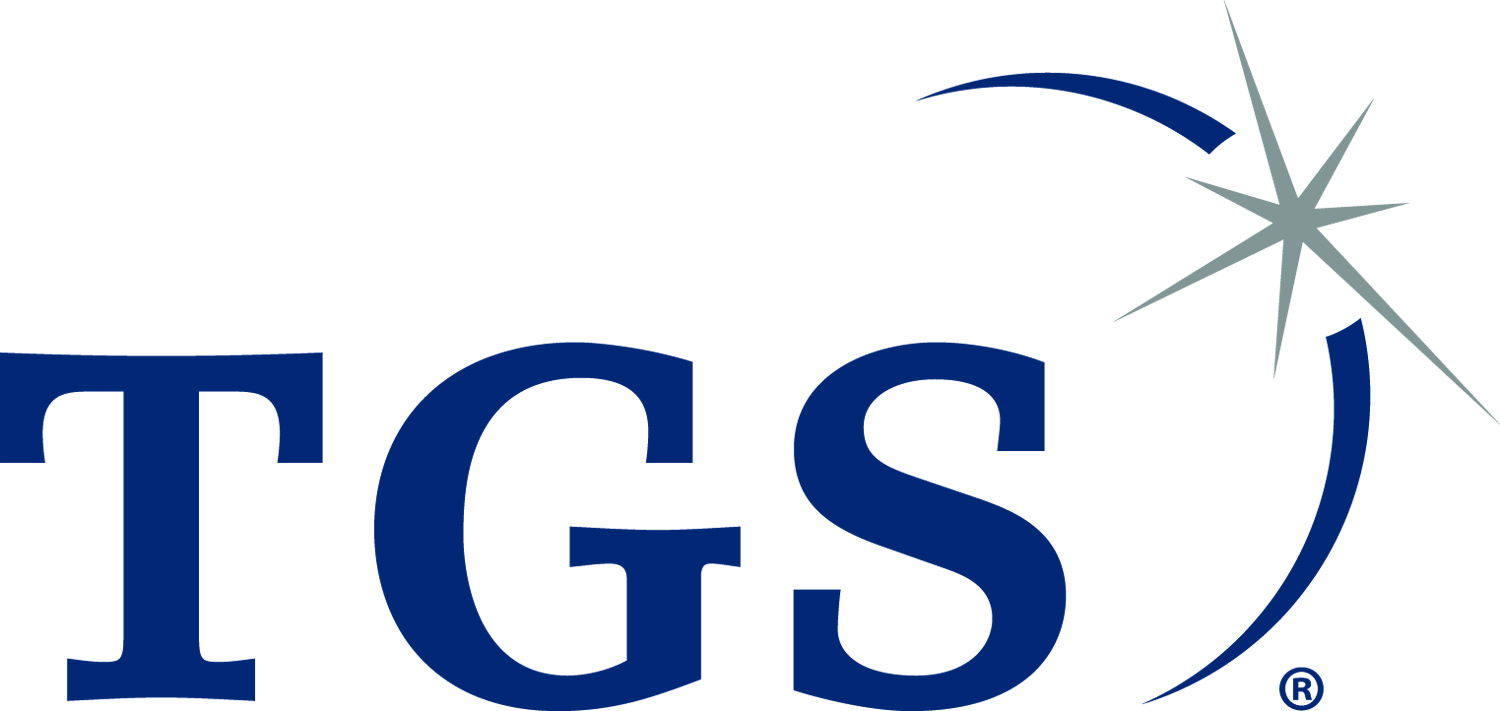Online Only, you must pre-register to receive access instructions.
NOTE: You Must Be Logged In to Register
Meeting presentation will be from 12:00 noon to 1:00 pm
Speaker: Colin Sayers, Dept of Earth & Atmospheric Sciences, University of Houston
Due to low permeability, hydraulic fracturing is required for economic production from the Marcellus Shale. This is achieved using horizontal wells with multistage hydraulic fracture stimulation and requires information on the mechanical properties and in situ stress. Due to fine scale layering and the partial alignment of anisotropic clay minerals and organic matter with the bedding, the Marcellus Shale is anisotropic. This leads to anisotropy in elastic, strength and fracture properties that needs to be taken into account in interpretation of seismic AVO (amplitude variation with offset) and the prediction of in-situ stress, geomechanical properties, etc. The long wavelength characteristic of borehole seismic data provides limited vertical resolution, while coring is difficult in long lateral wells leading to sparse sampling of anisotropy. By contrast, sonic data gives improved spatial resolution, and can be acquired conveniently in lateral wells using a dipole sonic tool conveyed through the drillstring and bit. More extensive logging data are typically acquired in vertical pilot wells than in lateral wells even though lateral wells are the wells used for hydraulic fracturing and have the greatest need for information. In this presentation it is shown how information from a vertical pilot well can be propagated to a lateral well to obtain more complete information of anisotropy than is available from either well alone. Results are presented for Thomsen’s anisotropy parameter δ and a parameter K0 that allows horizontal stress to be predicted from estimates of vertical stress and pore pressure. The results are expected to be of use in interpreting seismic AVO required for reservoir characterization and in estimating horizontal stress needed for the design of hydraulic fractures.
Speaker Biography: Colin Sayers, Dept of Earth & Atmospheric Sciences, University of Houston
Colin Sayers received a B.A. in Physics from the University of Lancaster, U.K. and a D.I.C. and Ph.D. in Physics from Imperial College, London, U.K. He has previously worked for Shell in the Netherlands and the U.K. and for Schlumberger in the U.K. and U.S.A. He currently holds a position as Adjunct Professor in the Department of Earth and Atmospheric Sciences, University of Houston. He is a member of AGU, APS, EAGE, GSH, SEG and SPE, a member of the Research Committee of the SEG, and has served on the editorial boards of the International Journal of Rock Mechanics and Mining Science, Geophysical Prospecting, and The Leading Edge. In 2010 he presented the SEG/EAGE Distinguished Instructor Short Course "Geophysics under stress: Geomechanical applications of seismic and borehole acoustic waves". In 2013 he was awarded Honorary Membership of the Geophysical Society of Houston "In Recognition and Appreciation of Distinguished Contributions to the Geophysical Profession". He shared an award for best paper in The Leading Edge in 2013.
** Access information will be sent to all registrants after registration closes.
Price List:
|
Pre-Registered |
Late/Walk-Up
|
Member
|
Free |
Free |
| Non-Member |
$10 |
$10 |
** Please be aware that ALL registrations must go through 'Checkout', even if your total is zero. Registration is not confirmed until you complete the checkout process.
THANK YOU TO OUR SPONSOR:
